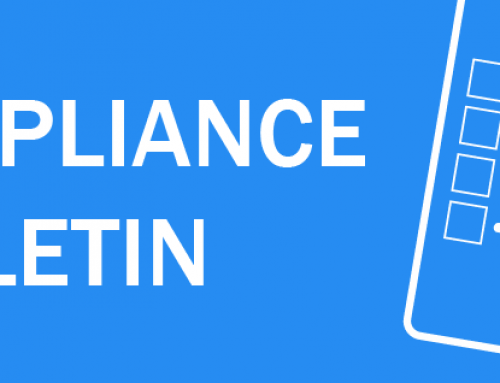 AML & Sanctions
AML & Sanctions
Ben Allen, Head of Compliance
The Carnival of Venice is a tradition that dates back to the eleventh century and the days of the Most Serene Republic of Venice.
Besides having links to the Christian festival of lent (Carnival carrying the meaning of – ‘farewell to meat’) and giving the Venetians’ an excuse for what we will colloquially refer to as a ‘right old knees up’, the festival also had more sinister undertones.
Many of you will be familiar with the famous Venetian mask with their bright colours and their complex, ornate baroque design; a beautiful accessory to adorn even the most disagreeable of visages; but for those who are less familiar, think of Batman, Highwaymen or the Phantom of the Opera.
So, what were these sinister undertones?
Well, you probably don’t need me to tell you not to trust someone in a mask (well unless they are a doctor, then the wearing of a mask seems to take on a wholly more satisfactory connotation; unless you live in Hyde, Cheshire that is). The wearing of a mask enabled the wearer to effectively ‘mask’ who they were; useful if you were the Kim Kardashian or Kanye West of the day and you wanted to benefit from a degree of anonymity. The problem is that it also enabled people to conduct ‘shady’ business dealings in full view and worse still, get away with some serious crimes, theft and murder amongst them.
So here we are, Venetian culture lesson over and you, dear reader, are probably thinking what the point of this is?
Just as the mask, something harmless in itself, has been used for illicit purposes, so too has the freedom of migration of monies. Whether it be monies from drug cartels in South America or from people trafficking in Asia (other crimes and continents are available). These days it is very simple to ‘wire’ money from one place to another and, with sufficient layers, hide the original source of said funds.
I have recently reviewed a case study that has shown clients in the UK who have deposit monies coming in from overseas without any formal audit trail – this, I’m sure you would agree sounds an awful lot like money laundering. So my reminder this week is to be careful – ensure that you know the source of your client’s wealth, where their income comes from and where the deposit comes from.
In particular, you should be cautious where large sums of money are coming in from abroad.
We have covered the subject of Money Laundering previously, so it is not my intention to cover over old ground, however, I would briefly like to remind you of the need for vigilance in the following areas:
High-Risk Customers (Politically Exposed Persons)
Firms are required to have enhanced due diligence and monitoring procedures, particularly for high-risk clients or situations. This is particularly important when considering Politically Exposed Persons.
https://www.fca.org.uk/firms/money-laundering/high-risk-customers-politically-exposed-persons
Financial Sanctions
The FCA has a list of government imposed financial sanctions that prevent a firm (such as yours or ours) carrying out transactions with persons they deem unfit. Carrying out business with someone who is on the Financial Sanctions list (as well as people from certain countries or businesses) is a criminal offence. The FCA, therefore, expect you to comply with the sanctions list and carry out appropriate checks.
Further information is available from this link: https://www.fca.org.uk/firms/financial-crime/financial-sanctions
Please ensure that you check the sanctions list. Further guidance on checking financial sanctions was included in the update of the 30th November 2015, which you can find here.
There are many other areas of financial crime that deserve your consideration, so much so that the FCA have a home page for Financial Crime –https://www.fca.org.uk/firms/financial-crime – Please feel free to peruse.
Just as it was the case with the unscrupulous characters of the Republic of Venice, individuals today will seek to hide who they are in order to obtain finance by illegitimate means (fraud) or to launder money. Please make sure that you use the tools at your disposal to ensure that you do not become engaged in any business activity that could pose a threat to your business. If you suspect any inappropriate activity please report it to the Money Laundering Reporting Officer (Ben Allen).
Together we can lift the ‘mask’ on the devious individuals that threaten our industry.
You will, no doubt, be pleased to know that the wearing of masks when attending our National Training Event on the 16th November is not mandated, but I hope you will understand if I do – one of the rumoured Venetian uses was to protect the wearer from ‘fragrant’ eggs that may be thrown in their direction!




Leave A Comment